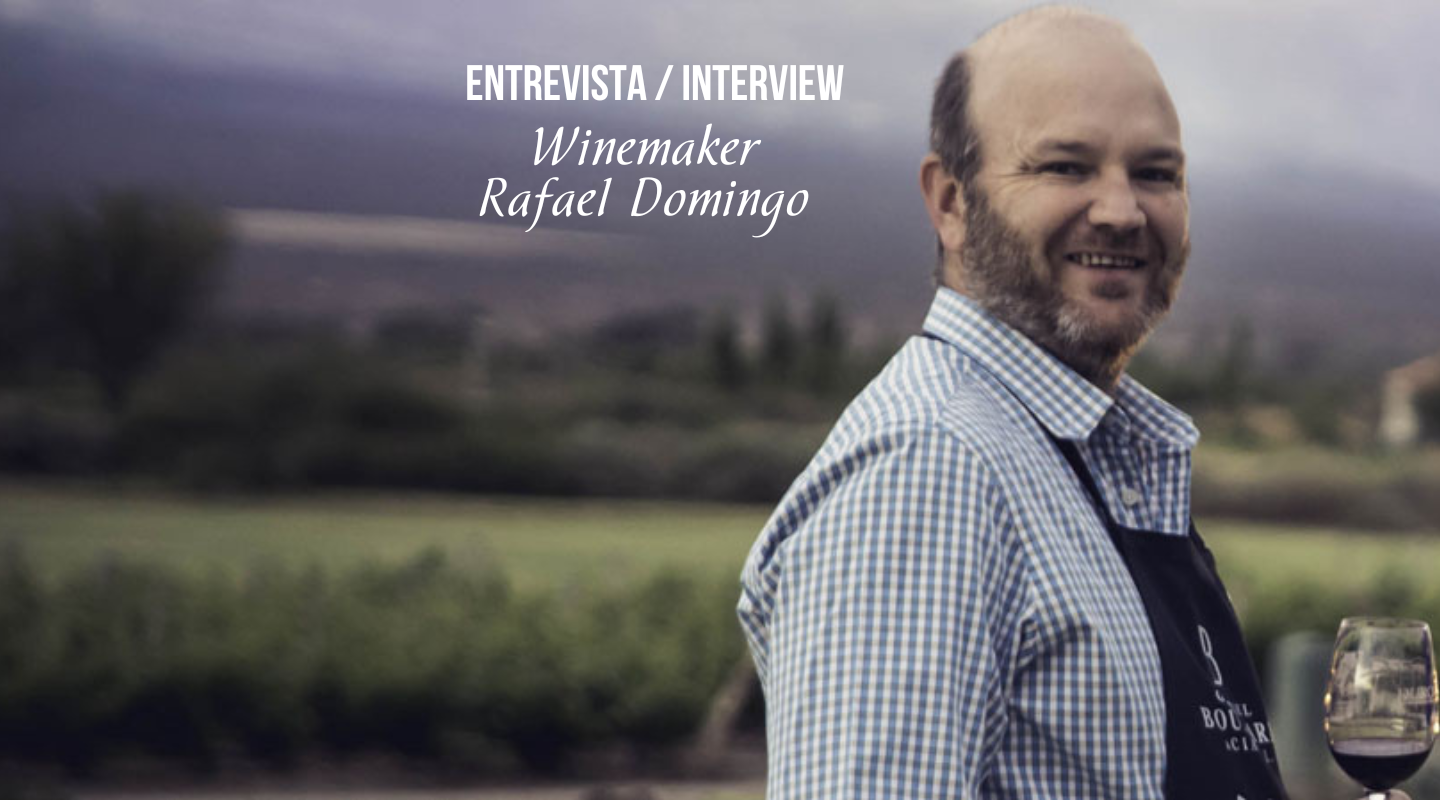
THE EMBRACE OF TWO PATHS | INTERVIEW TO WINEMAKER RAFA DOMINGO (Domingo Winery & Abras)
It is difficult not to be dazzled by the stunning landscapes that surround the vineyards scattered like green polka dots on an earth-toned canvas in the various mountain valleys that make up the Calchaquíes Valleys, spreaded out in different provinces, yet the biggest part is Salta.
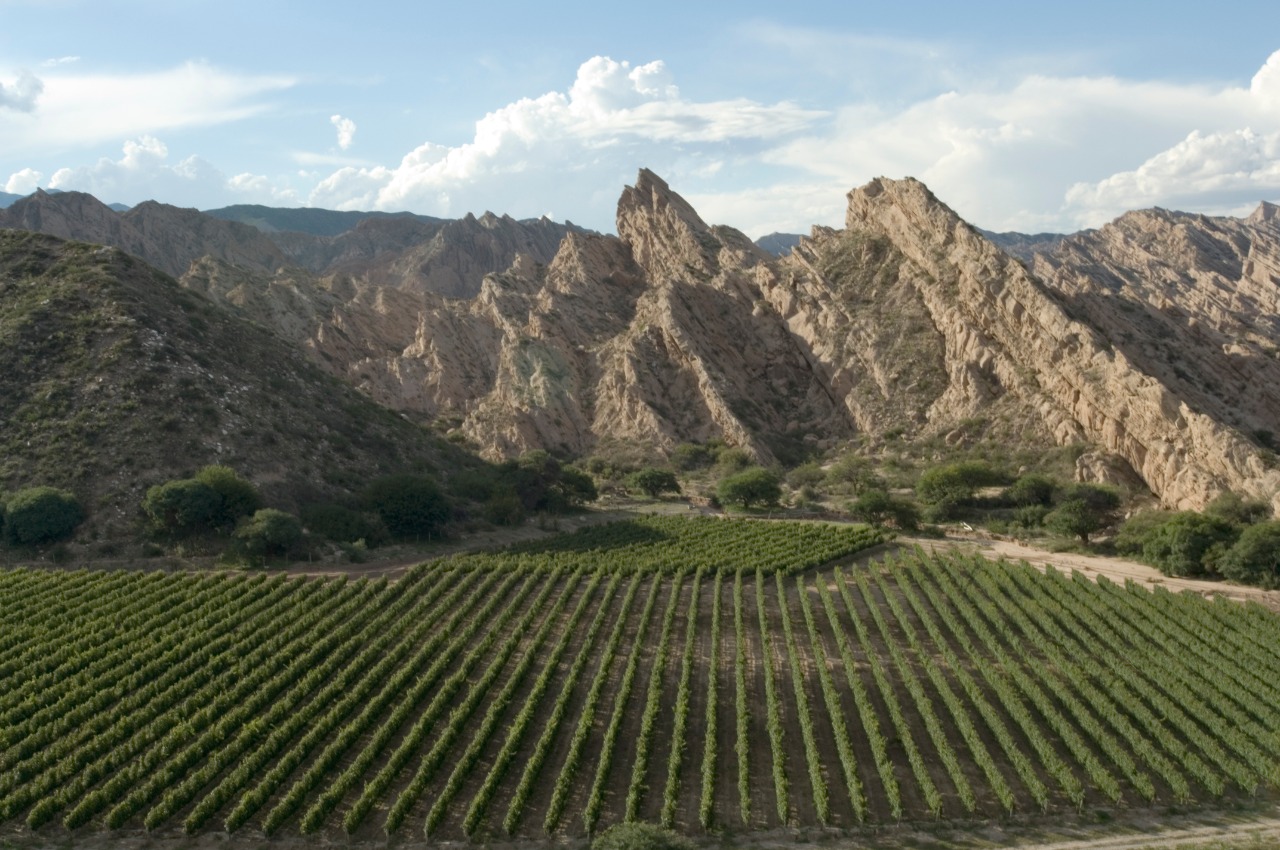
These high altitude vines, which are among the highest in the world, certainly have a great deal of resilience. Planted in inhospitable desert conditions, in poor and stony soils, where the temperature variations between day and night are dramatic (around 15ºC approx.), these vines know how to give their best, based on the great effort and impetus of those who, over the years, have worked these lands. A large part of the viticultural map of this region is made up of small, old vineyards located at high altitude, in the valleys and on the mountain slopes, planted in "parral" (aka pergola) or VSP trellises with access to irrigation, where about a third of the vines are more than 100 years old! This creates a paradise of heritage vines, ideal for those seeking to capture the essence of a terroir.
It is within this geography, particularly in the Cafayate Valley, with its great wine tradition and culture, that we find Rafa Domingo, the youngest of three brothers who manage Domingo winery in Cafayate and who are part of a group of recognized producers who have been working on the recognition of the identity of Salta's wine scenary.
In this interview we wanted to know more about his background in the world of wine, his vision and understanding of high altitude wines as well as his experiences in the ABRAS project with Karim.
His place in the world: Salta.
We wanted to know what role tradition, family and the cultural identity of his region play in the making of his wines.
Rafa, like his brothers Osvaldo and Gabriel, is the second generation of producers and winemakers within his family, where the beginnings of the wine path were in charge of his father Osvaldo and his uncle Martín with Domingo Hermanos in a fortuitous or "predetermined" way, starting a path and family legacy that would include vineyards, wineries, livestock and cheese production.
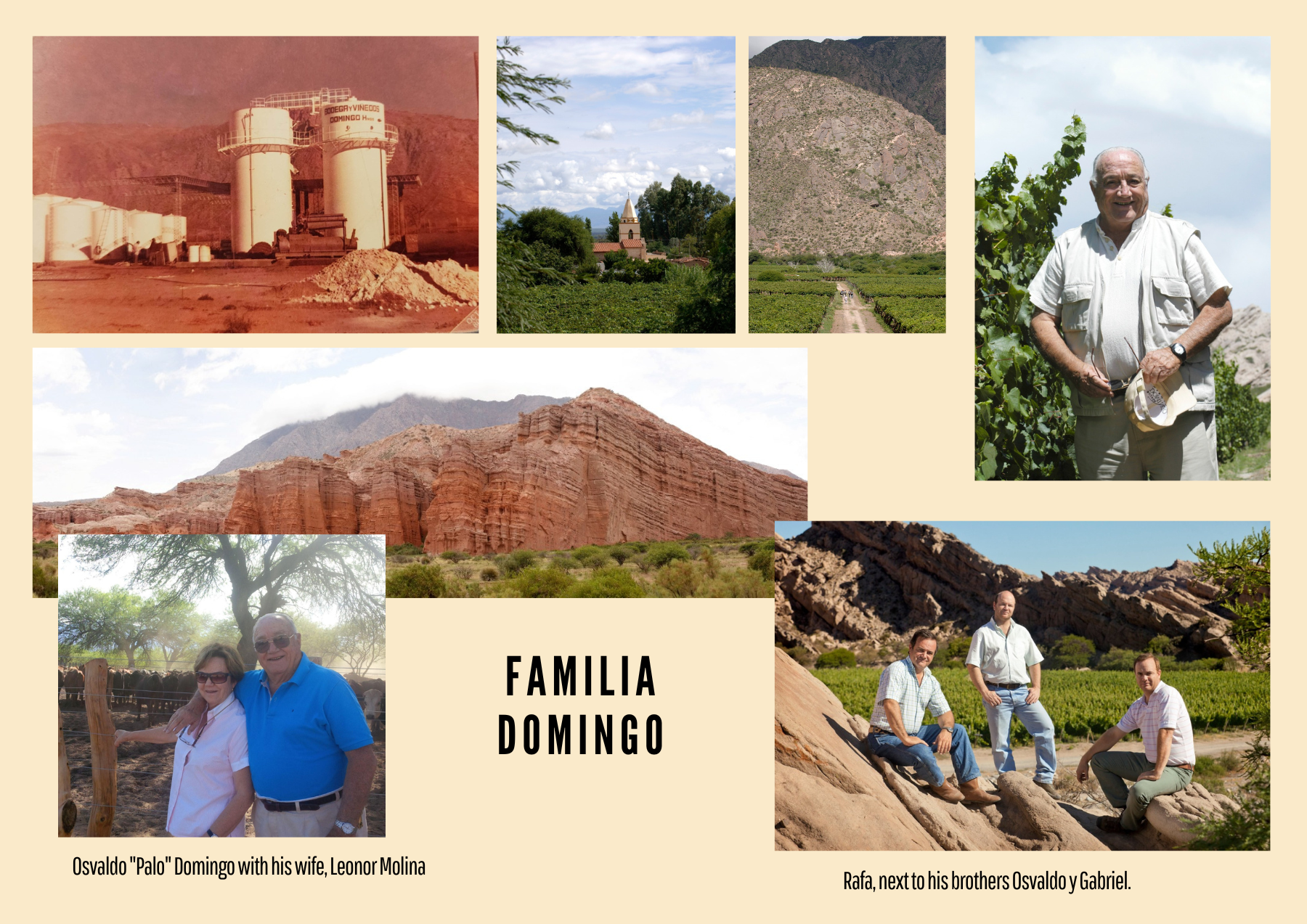
The three brothers chose to study Agronomy Engineering. Two of them would do so in the province of Tucumán; Rafa, the youngest, would study in Mendoza at the end of the 1990s, an experience that would be crucial for his education and his understanding of wine. Also, having studied in another province gave him a broader perspective and a new appreciation of his own region, and an inspiration to be part of a change that was already taking place in several regions, but particularly in Salta, of perspective and paradigm in regards to the vindication of the vine-growing identity and the winemaking tradition of the northern province.
Therefore, Mendoza had a strong influence on him. "Here, you can breathe wine. And the knowledge I acquired was very important, for example, in terms of vineyard management and irrigation".
On his return to Cafayate, he would come back with the firm idea of deepening his knowledge of local grape growing, to reclaim those aspects and practices that have been part of the viticulture and historical heritage of his province and to create wines that could capture that essence, respecting the personality and expression of the grape of each of the high altitude terroirs, above all.
To his surprise, it would be his turn to put his learning more on the winemaking side than in the vineyards. To bring his knowledge, as a link in a gear already in motion, into the family winery.
VINDICATING TRADITION
The Calchaquí Valleys, particularly Cafayate, have a long winemaking history, as well as a great heritage of old vineyards. Most of them are over 100 years old and are still managed in the traditional way, both in terms of vine-growing practices, vineyard work and irrigation management.
What does it mean to you that the wines are "a search for terroir expression", specifically, wines of altitude?
"To talk about Salta wines is to talk about high altitude wines. Our winery is located in one of the highest areas of the Cafayate region and the thermal amplitude there transmits certain properties to the grapes and the grapes to the wine. We are talking about fresh wines, with great concentration and intensity of colours and aromas". But we are also talking about wines with a strong identity, which reflect this high altitude viticulture. Wines with a very marked personality, very unique and different. We find ourselves in vineyards surrounded by great landscapes, planted in the desert at high altitude, in a region of wine and food paradise and a culture marked by tradition".
Part of this identity is also the culture of work and effort of its people, given the inhospitable geography of most of these breathtaking vineyards, making "things cost", such as the need for better roads, infrastructure and transport. Aspects that are later reflected in the hard-working spirit of its producers.

We ask Rafa for an example of a current practice that seeks to preserve local traditions. "Let's take our Torrontés vineyards management located at high altitude in the terroir of Cafayate, as an example. We decided to keep the vineyards in parral and mixed pruning, which helps the balance of the plant, as well as the quality of the fruit as it provides protection against the excess of sun intensity, allowing a better retention of acidity and primary aromas, key to maintain the delicate aromas of Torrontés. In this way, we simultaneously achieve good yields and concentrated wines".
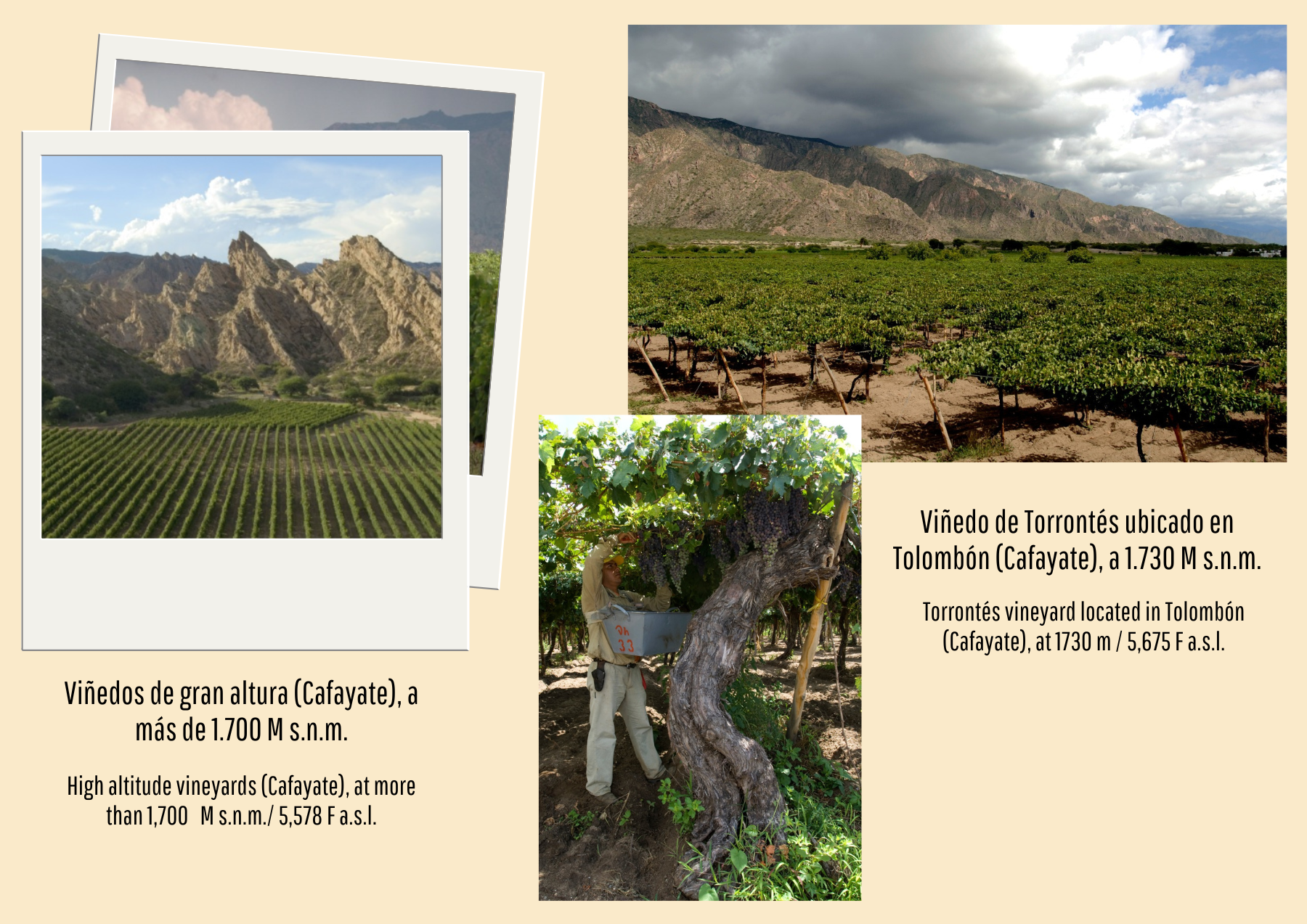
THE EMBRACE OF TWO PATHS
In 2011, the ABRAS brand was created, a project in which Karim would seek the expression of the Calchaquí Valley. Along the way, he would meet the Domingo family, with whom he would follow a shared creative path. Thus, the meaning of Abras evokes this portal or bridge between two families; Rafa, Osvaldo and Gabriel, from Domingo Winery (Cafayate, Salta), and Karim Mussi (KMW, Mendoza). Two similar ways of understanding wine that seek the synergy of different paths travelled, to turn that experience into a new shared one. It is the sum of experiences, where knowledge, expertise and long experience are combined to give a more authentic interpretation of the wines.
The ABRAS are natural passes that allowed the natives of the Calchaquí Valleys, and later the Incas, to unite and transit their vast empire. They considered them blessings to whom they left offerings when crossing them. That is why our Torrontés. Malbec and Camino Real, represent an "offering", in each vintage, to those who appreciate the noble beauty of this unique terroir that is the Calchaquí Valley.
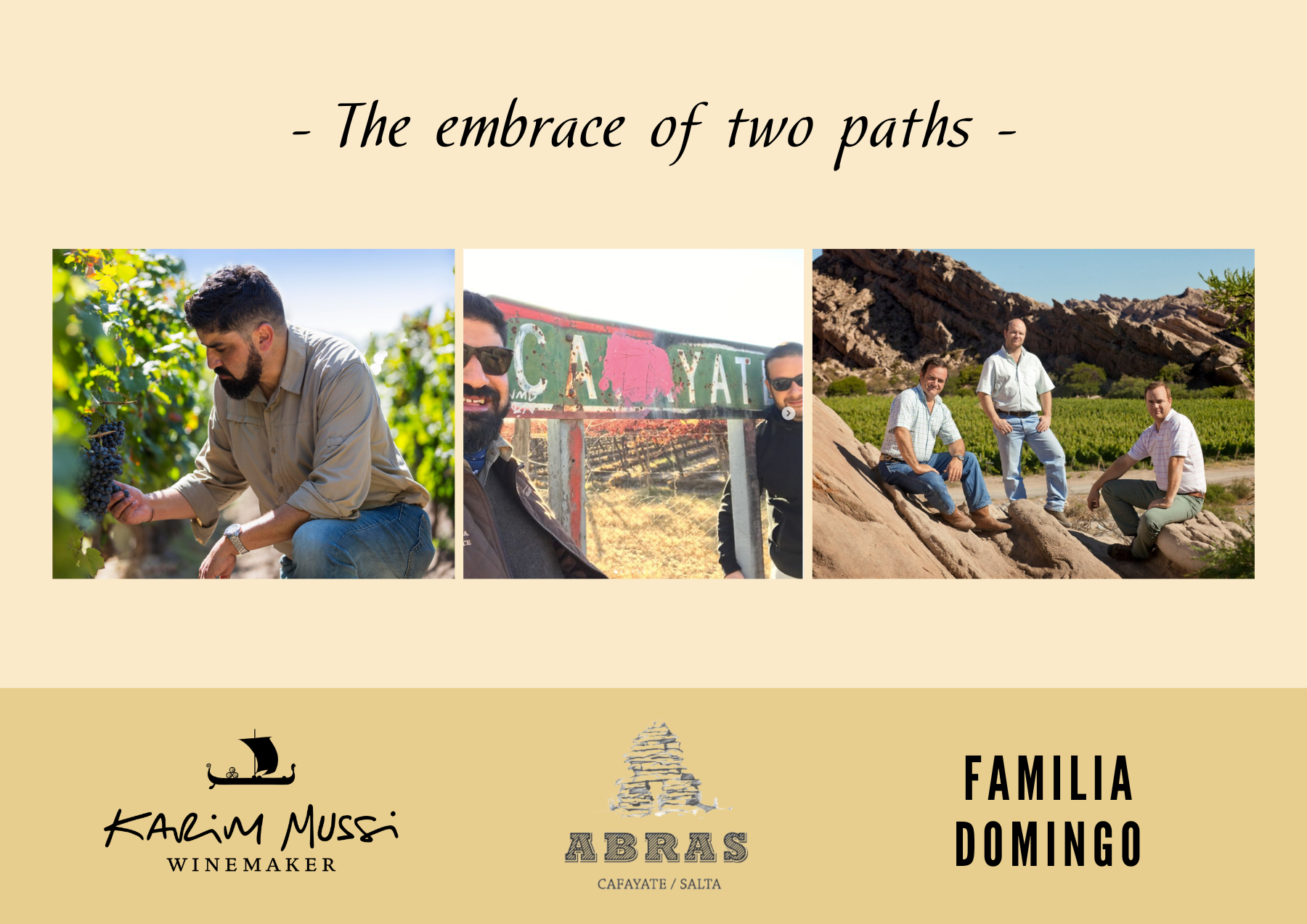

When did your path cross with Karim's? What was it that made you want to make wines together?
"I still have memories of those first moments of talks and tastings with him. We met through mutual friends while I was studying in Mendoza. We quickly realised that we shared values, a philosophy and a way of conceiving wine. The need to respect the terroir above all else, as a mark of style and also as a sense of belonging and respect for the identity of the place. That laid an initial foundation that gave rise over time to a bond of work and friendship that would be reflected in the three wines we make together today", points out Rafa.
Initially they identified the main area of origin of the grapes for the wines to come: the Cafayate Valley. Particularly today, most of the grapes are state fruit from the Domingo family's old vineyards located in the micro terroir of the Tolombón area, Cafayate.
In the beginning of 2023, this partnership decided to move forward and start a new phase in which both parties will seek to work more closely together with the firm intention of deepening the path of premiumisation, redoubling the commitment to make wines that express the Calchaquí identity and the curious spirit of their winemakers.
ABRAS WINES, reviewed by Rafa Domingo.

ABRAS TORRONTÉS 2022
It comes from a single 70-year-old vineyard, located in the subregion Tolombón (1,730 m.a.s.l.), in Cafayate. This Torrontés combines traditional characteristics of the variety (such as its intensity and aromatic profile) but also shows more modern aspects, like its freshness, reflected on the palate and in more citric aromas, such as lime and orange peel.
ABRAS MALBEC 2022
Here we seek to show the personality of Cafayate wines, through a Malbec that exhibits a complex aromatic profile yet is full and fresh on the palate. Most of the grapes come from a 50 year old vineyard located in Tolombón, Cafayate. We make it in a traditional way, in small concrete vats and we only place part of the wine in barrels, to highlight the freshness and organoleptic profile of the grapes.
CAMINO REAL 2020
----